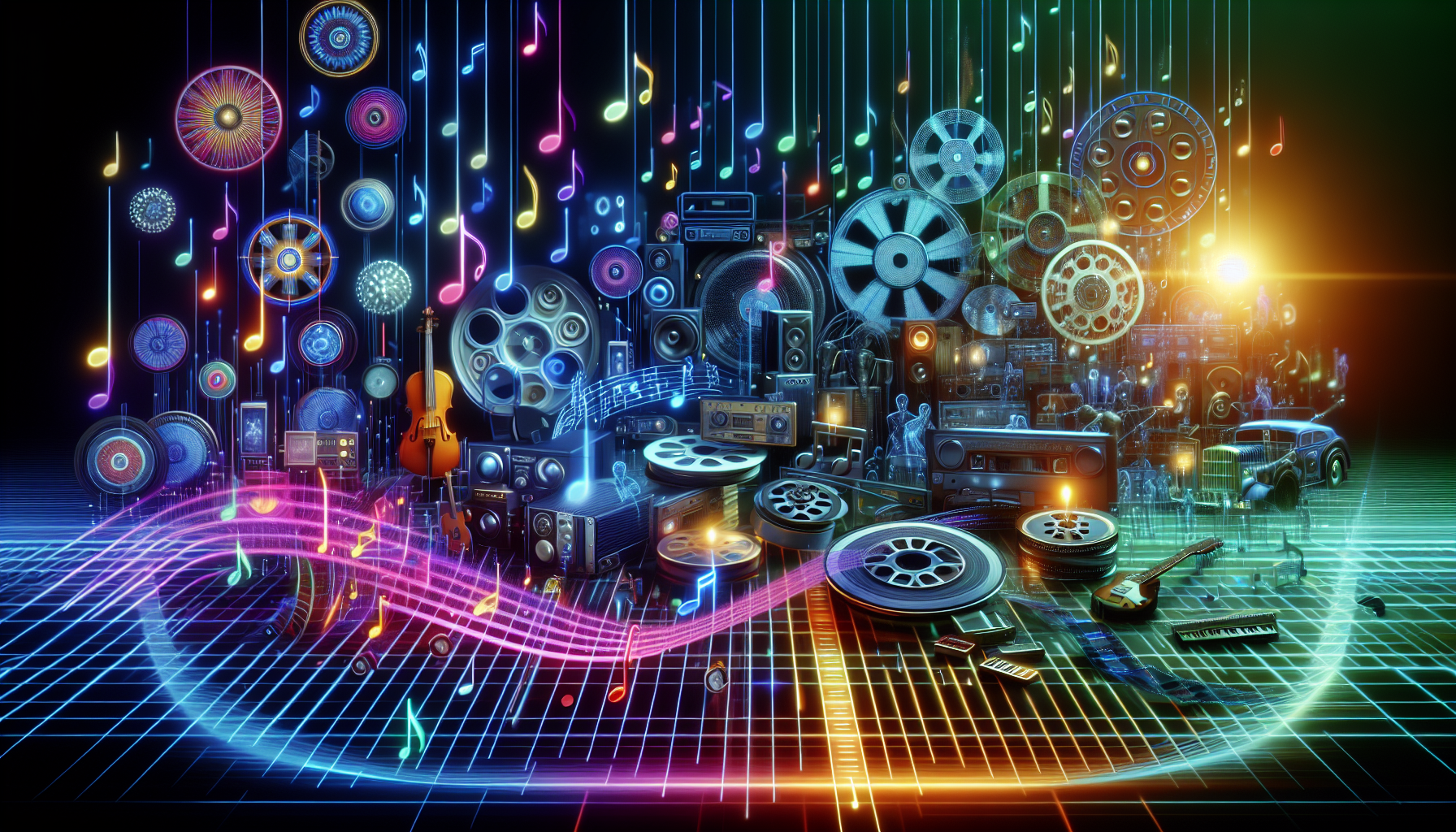
Once upon a time in the charming world of music and moving pictures, real-live humans were the orchestrators and directors. Creators happily strummed their instruments and edited their clips, blissfully unaware of the whirlwind of Artificial Intelligence barreling towards them. The International Confederation of Societies of Authors and Composers (CISAC) decided it was high time to measure the gale force of this AI tempest. What they found were tales that would leave even the most stoic maestro clutching their sheet music—economic impacts that mirror a symphony, both grand and ominous.
Beethoven’s Fifth… Income Cut?
Alas, music creators might need to swap their grand pianos for digital spreadsheets, as they’re expected to lose up to 24% of their income by 2028, with the audiovisual wizards not far behind at a 21% revenue reduction. That’s not just a dissonant chord—it’s a full-blown cacophony! The orchestration of monetary loss could crescendo to a staggering €10 billion for music luminaries and a jaw-dropping €12 billion for cinematic conjurers, turning the industry’s rivers of gold into mere creeks.
Yet, as one stage dims, another flickers to life. The generative AI market, not known for its subtlety, is predicted to rocket from a humble €3 billion to a jubilant €64 billion by 2028. These numbers could have composers spinning in their soundproof studios. However, do they also point to an era where human creativity has met its match or simply found a new duet partner?
The Rise of Robocreators
Should we cue the confetti for the tech companies? Their stockpile of generative AI content predicts a revenue so triumphant it might well print itself into the symphony of our economies. Music and audiovisual realms are seeing bullish predictions climaxing with €4 billion and €5 billion, respectively, by the unknown tunes of 2028. It seems these tech titans are ready to reap the harvest from this newfangled frontier.
However, there’s a serpent in this garden of opportunity; AI-generated flair threatens to uproot traditional revenue streams like a storm washing over a village parade. Revenue that once serenaded securely into creators’ pockets is being stealthily captured by the virtual usurpers, leaving our torsos twitching to the dance of disruption. By the time AI-generated music claims its 20% slice of streaming platforms, it could be the proverbial horse in the streaming library’s living room.
With AI canned tunes and video clips flooding background music precincts and automated playlists, the revenue rain that once nourished human creators might dwindle to a dribble. There is a call to arms for policymakers; as they don their superhero capes, they are tasked with ensuring creators’ rights don’t get lost in the algorithmic abyss. Perhaps it’s time for a legislative remix.
CISAC didn’t just pull these numbers from a hat; they traversed the labyrinth of qualitative and quantitative research, deploying generative AI applications like a wizard casting spells to illuminate the realms of impact. From job displacement to the quagmire of copyright chaos, the study presses the record button on the broader implications looming over the industries, ready to either transform or transcend traditional paradigms.






